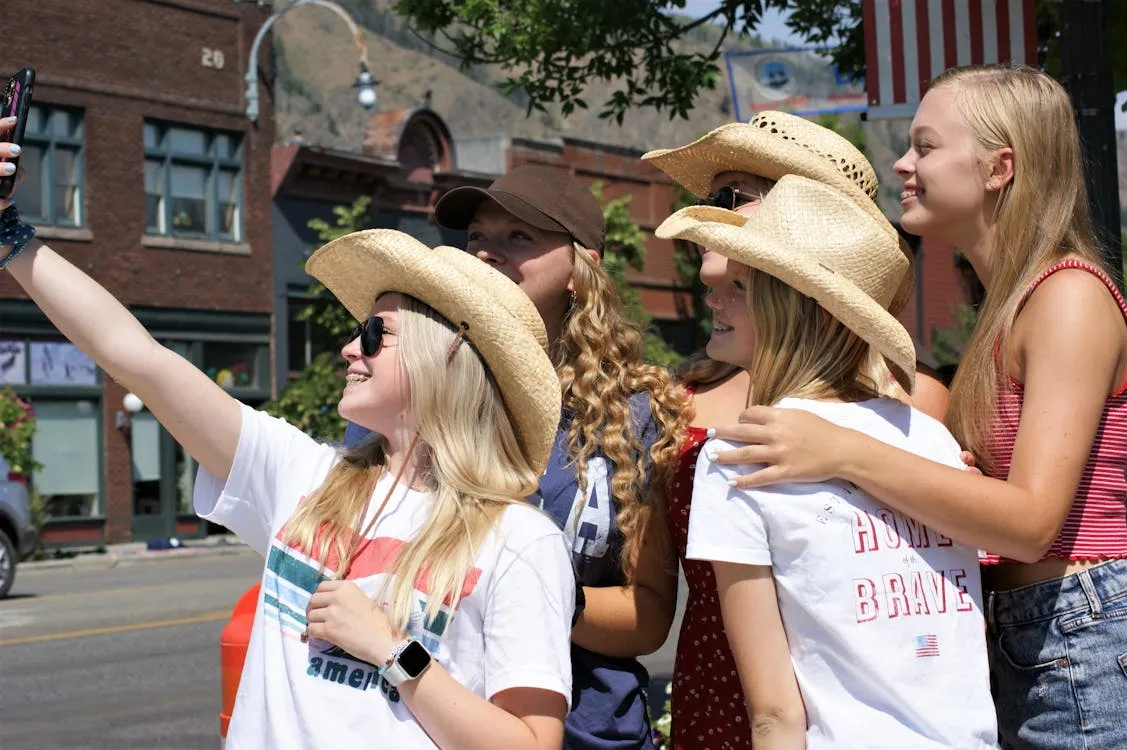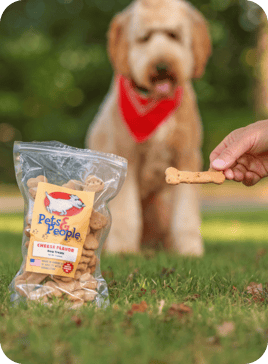Finding Meaningful Friendships
- News

Girls Night Out Program Helps to Build Healthy Relationships
On July 30th, nations across the globe celebrate International Day of Friendship, a United Nations initiative aimed at promoting and defending a shared spirit of solidarity. Friendship is a fundamental aspect of human connection, well-being and personal growth. For individuals with intellectual and developmental disabilities (I/DD) and autism spectrum disorder (ASD), opportunities to build and maintain friendships are often limited, making inclusive programs like those offered by Boundless essential.
Kelli James, a transition supervisor at Boundless, fosters these crucial connections through various Boundless programs, including one-to-one peer mentoring, telehealth peer groups and the renowned Girls Night Out (GNO). James shares her insights on the importance of friendship for individuals with I/DD and ASD.
“A lot of spaces are not conducive to accommodating individuals with I/DD and ASD. We wanted to provide different resources and activities that support these communities,” James said. “Girls Night Out really focuses on uplifting teen girls with autism or intellectual and developmental disabilities to be around peers who are non-disabled in community integrated environments that they might not otherwise get to frequent.”
Becca Brocker, mother of 14-year-old Ava, further emphasized the important role friendship plays in her daughter’s life.
“Friendship as an adolescent, a teenager and as a young adult is just vital. It’s vital to feel connection and a sense of community,” Brocker said, “[Ava] can’t find that connection with friends in the community and it’s been really difficult.”
James highlights some of the challenges faced by individuals in the I/DD and ASD community, including social anxiety and lack of opportunities for independent socialization.
“Part of our Girls Night Out program is conversation cards,” James explained. “[Participants] may be shy and it’s a new environment, meeting new people. I’ve had girls express that they had a lot of anxiety going into it, but they start using the conversation cards and by the end of the session they’re hugging other participants, taking selfies and talking about how beautiful they feel.”
The GNO program runs for 12 weeks, providing a safe and supportive environment for girls to learn and practice social and self-care skills. The program includes activities like dining out, visiting the Aveda salon, getting a sweet treat at Kittie’s Cakes, shopping at Plato’s Closet, participating in fitness classes and so much more.
Each session is designed to be inclusive, with all participants receiving the same materials and no disclosure of disabilities, fostering an authentic and supportive atmosphere. Additionally, the activities are designed to teach practical skills in an enjoyable manner.
“For example, one girl wanted to learn about curling her hair. So instead of having the Aveda student curl her whole head for her, we had them show her a couple of times and then they gave her the curling iron and she did it herself,” said James.
“When they went to a coffee shop, it gave [Ava] the ability to go learn how to sit, order a coffee, use a credit card and have appropriate conversations,” said Brocker, “The program [teaches] all the things that you and I take for granted. That all my other kids will have just naturally come to them.”
One of the key components of GNO is the use of a personalized planner that encourages participants to set and achieve daily goals.
“They set goals for themselves on things they want to accomplish every day,” explained James. “Setting those goals for themselves also gives them that internal motivation.”
The impact of these goals extends beyond task completion; it builds self-confidence and independence. Jessica Lundgren, mother of 17-year-old Gillian, shared the impact that GNO has had on her daughter.
“One of the main things that I like about the Girls Night Out program is they learn so much about themselves,” Lundgren said, “Like one night they went to Plato’s closet to figure out their own style of dress, instead of once again, this is what my mom typically buys and I’ll just wear it.”
“Just being around other girls and learning from them is such a huge deal because they may not have that opportunity. It’s all about giving them opportunities to be independent instead of saying ‘Oh, you can’t do this,’ or ‘I’m going to do it for you,’” said James, “We switched it over to, ‘We’re going to give you as much independence as possible, but you have that safety net of facilitators being there for support.”
Girls Night Out does not just impact girls through Boundless. The program also includes neurotypical peer models, fostering a more inclusive environment where all participants can learn from each other.
“It’s so great for your child and even nice for, you know, the girls that are neurotypical to have that understanding of ‘OK, they may be a little different, but that’s OK.’” said Lundgren.
“The peer models who go through it are really impacted in a positive way. They’re like, ‘Wow, I had no idea that I too could develop these self-care and social skills that I was lacking.’ Our slogan is we all have something to work on,” emphasized James.
Girls Night Out success is not only evident in the girls’ increased confidence and independence but also in the positive feedback from their families and community partners.
“I’ve noticed that she’s become more outspoken, more willing to go up to people and introduce herself or things of that nature. She’s more outgoing. I think she would still kind of be in a shell had she not done this program,” Lundgren said.
“She’s more social,” Brocker said, “Girls Night Out forced [Ava] to put herself out there.”
Looking ahead, James envisions expanding the program to include more community events, support groups for parents and inclusive social groups such as LGBTQ+ and ASD groups.
“[GNO] is a commitment that your child might not be comfortable in these situations because obviously there is a struggle.” Brocker said. “But I say do it...it is great life lessons mixed with the ability to work on that social aspect, to find friendship and connection in a safe environment.”
Girls Night Out stands as a testament to the power of inclusive programs in fostering friendships and building essential life skills for individuals with I/DD and ASD. As we celebrate International Day of Friendship, it’s important to recognize the incredible impact friendship has in our lives. Through innovative activities, peer mentoring and a supportive environment, Boundless continues to champion the importance of friendship and community for everyone.
If you are interested in learning more about Girls Night Out or exploring other programs offered by Boundless, we encourage you to visit iamboundless.org or contact Kelli James at kjames@iamboundless.org.
Our team is always ready to provide additional information, answer any questions and assist you in finding the right program for your loved one. Join us in creating a supportive and inclusive community where every individual can thrive.





